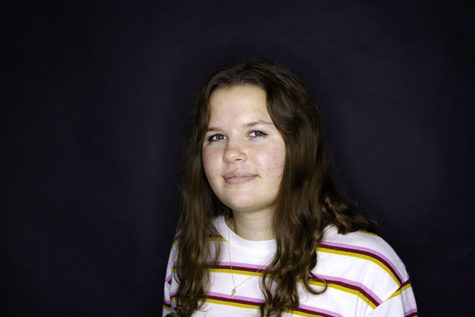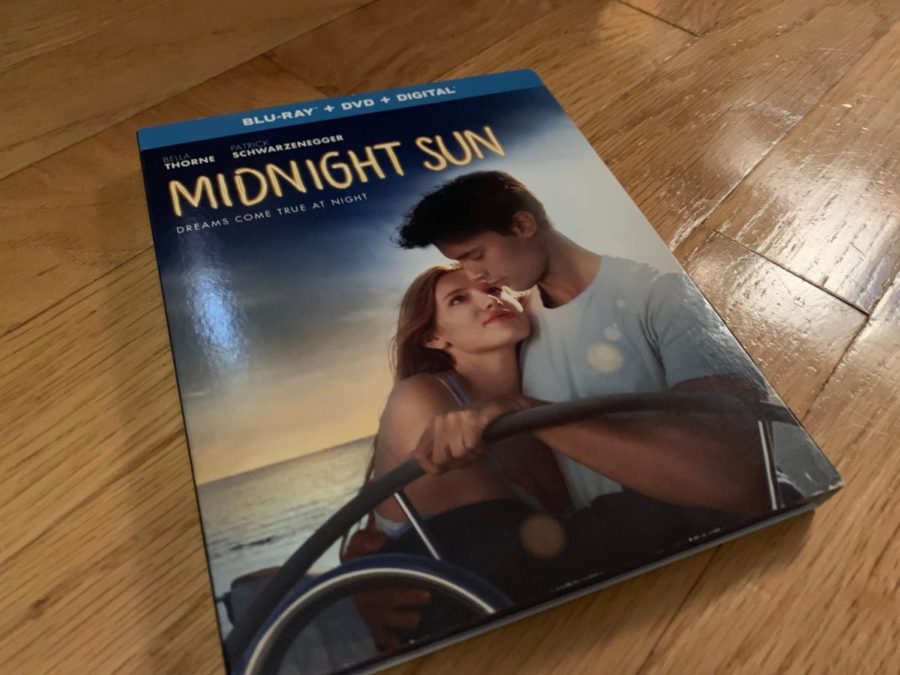Illness: What is so romantic about it?
The movie “Midnight Sun” is one of the many movies that romanticizes illness.
“The Fault in our Stars,” “Midnight Sun” and “Five Feet Apart.” All of these romantic movies share at least one thing in common, that being, the romanticizing of illness. The common theme in these films is the love blossoming between two main characters where at least one has a terminal illness.
I cannot begin to tell you how annoying these films are for people who actually have had these illnesses. For example, in the movie “The Fault in our Stars,” two sick teenagers fall in love where one gets sicker and inevitably dies. Of course this movie came out about a month before I got diagnosed with cancer.
Imagine my surprise when I didn’t find my own Ansel Elgort in the hospital.
Romanticizing cancer really rubs me the wrong way, especially since my own cancer diagnosis. Before I was sick, watching these movies made me burst into tears with the rest of the movie theater. I would cry about how the two main characters fought for each other to inevitably be torn apart.
Now, watching these movies makes me wish illness was that simple. When I was sick, it was a struggle to get off the couch to grab my phone charger from the other room. In the movies they were able to fly halfway across the world with no issues.
It is safe to say my doctors would have definitely freaked out if I ever tried to do that.
Romanticizing illnesses like cancer, cystic fibrosis or any other harsh illness is just plain wrong. Watching the movie doesn’t raise accurate awareness for these diseases and the pain all of these patients go through.
I understand that some people think any exposure of a chronic illness is good exposure, yet I cannot disagree more. When a movie talks about illness they should have their facts right, which many movies do not.
Going into my cancer diagnosis, I was under the wrong impression of what my cancer would truly be like. I watched all these movies about how I would find my “true love” and how cancer was something that was not so hard.
Let me tell you, when I was sitting in my hospital room at 4 a.m. sick to my stomach, finding my “true love” was the last thing I was thinking about.
Now that I have been cancer free for about three years now, I still cringe at these type of movies. It is not fair for chronic illness patients to have an inaccurate view of what they are going through. The worst thing was having people tell me that I was exaggerating how sick I really was.
Movies like this aren’t going to stop anytime soon. I just hope that people take the movie for what it truly is — the glorification of what I went through in middle school.




korin • Jun 10, 2022 at 3:43 am
agreed.